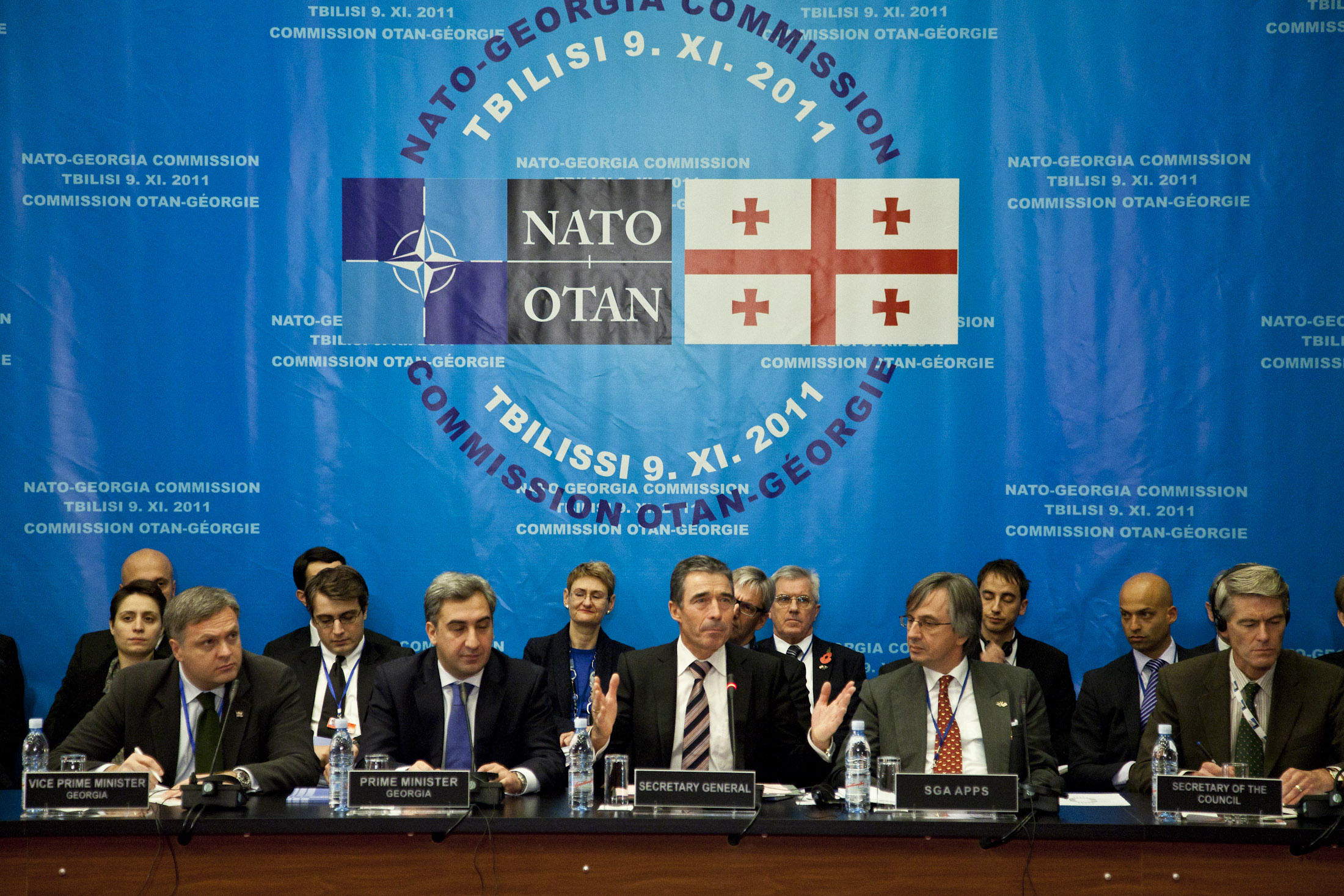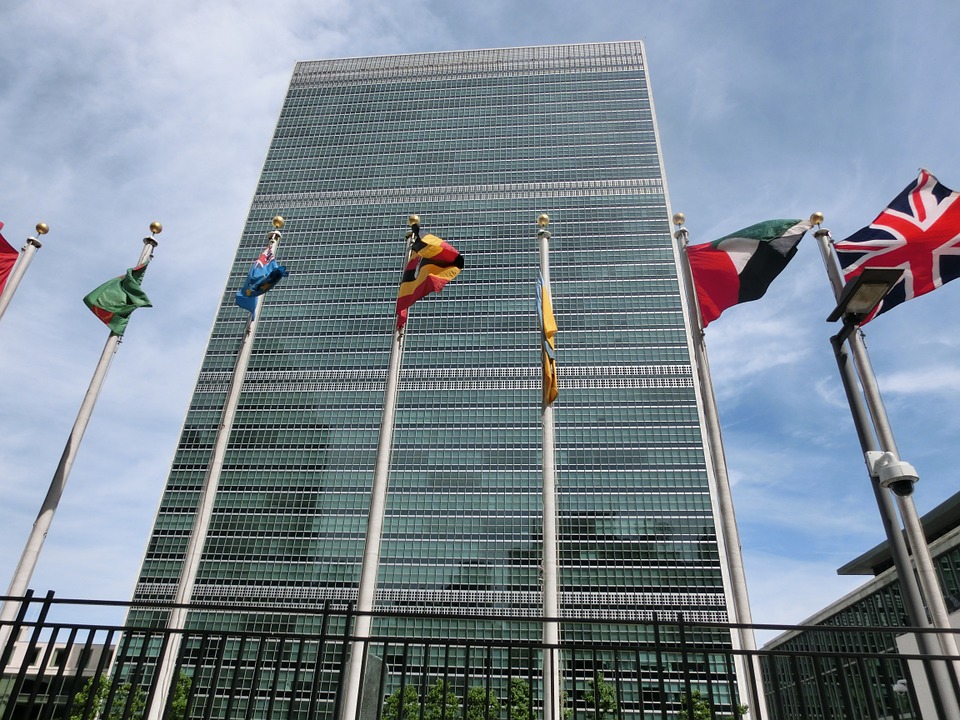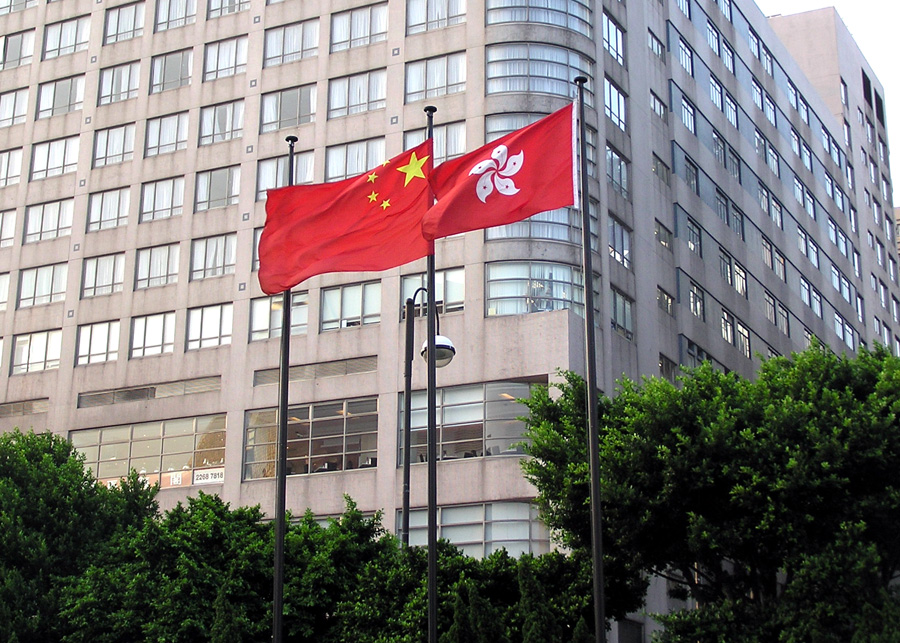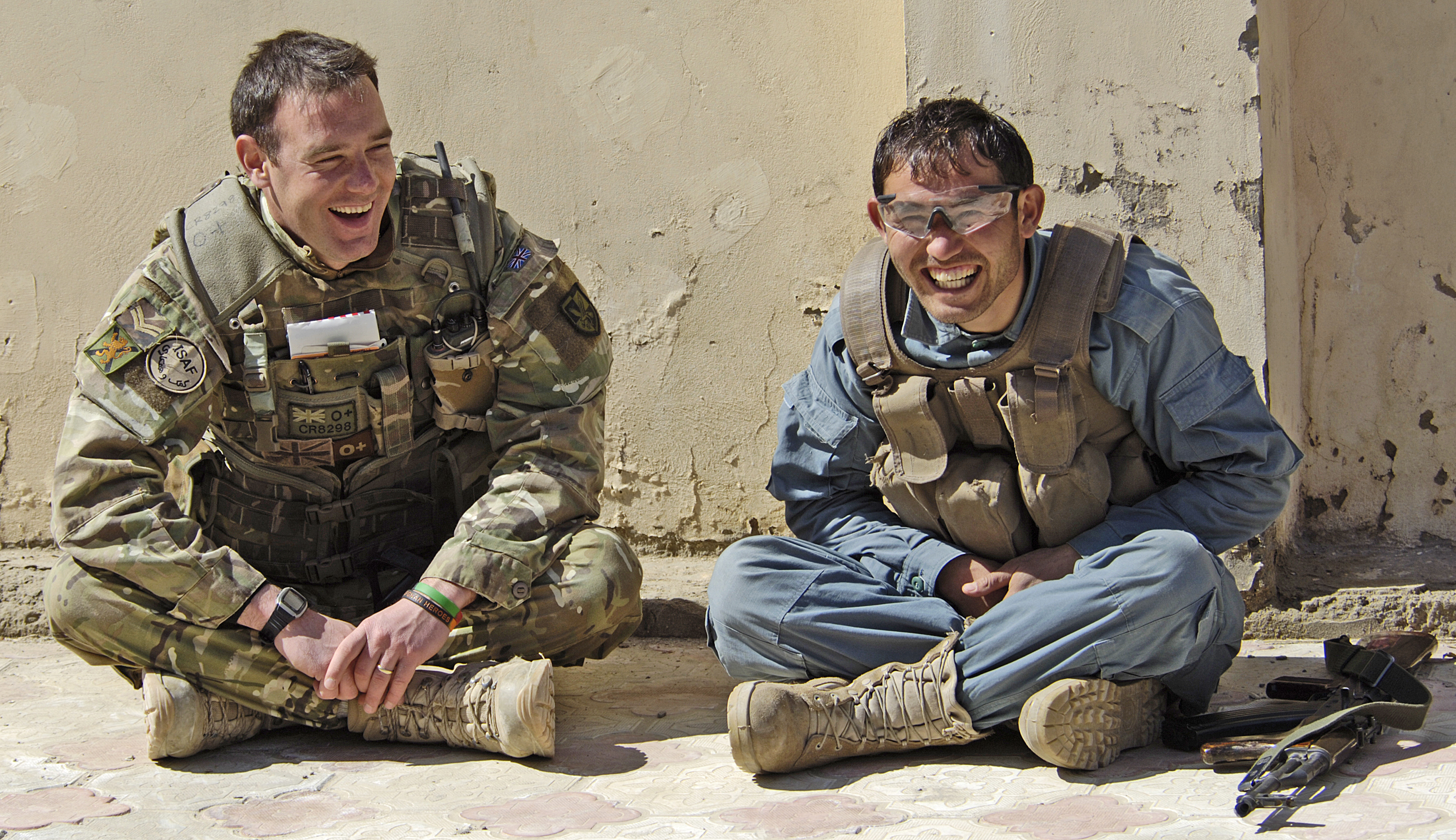This week’s article on the expansion of NATO focuses on Georgia and its NATO aspirations. Since the Rose Revolution in 2003 which saw the overthrow of President Eduard Shevardnadze and the later election of the pro-Western Mikheil Saakashvilki, Georgia has maintained a fairly aggressive effort for EU and NATO accession.
Like most post-Soviet republics, following the collapse of the Soviet Union, Georgia joined NATO’s Partnership for Peace program in 1994 and has continued participating in NATO related activities since. During the 90s Georgia participated in technical agreements with NATO aimed at facilitating increased cooperation and compatibility between Georgia and NATO members such as the Status of Forces Agreement and the Partnership for Peace Planning and Review Process. By the end of the 90s Georgia began its first deployment supporting NATO troops in a peacekeeping scenario in Kosovo (KFOR). When the US War on Terror began Georgia participated in the US coalition’s Afghanistan International Security Assistance Force (ISAF). Over the years Georgia would further contribute military support in Afghanistan and Iraq becoming the largest contributor of soldiers by a non-NATO member. If any non member has paid its dues towards NATO membership; it is Georgia. Despite the considerable contribution Georgia has provided to US led coalitions, its NATO membership application is still being delayed and obstructed.
Georgia’s first glimpse of the possibility of NATO accession began in April 2008 during the Bucharest Summit when NATO leaders agreed that Georgia would become a member of NATO if it continued its commitment to necessary reforms and requirements for membership. Though the Bucharest Summit was a glimmer of hope for Georgia’s Euro-Atlantic integration process, it was interpreted in Moscow as a gross violation of Russia’s strategic concerns. Russia vehemently opposed Georgia’s entering NATO claiming that the US was using Georgian membership to further pursue the encirclement of Russia in Europe and the Middle East. Tensions dramatically escalated when Georgia began a large-scale military operation against the town of Tskhinvali in its province of South Ossetia.
Russia quickly responded with an aggressive offensive against Georgian military positions with the ostensible aim of protecting Russian peacekeepers stationed in Georgia and of protecting South Ossetian separatists. Both parties suffered losses, however Georgia absorbed the brunt of the devastation as the conflict took place on its soil, and despite signing peace with the Russians on August 16 2008, Russia recognized South Ossetia and Abkhazia as independent states further complicating future relations and diplomatic efforts.
Following the conflict NATO’s official position has been lukewarm. Signals have been given indicating that Georgia at an undefined point in the future be a NATO member, however, a firm deadline has not been provided. Given Russia’s recent assertiveness in its periphery, the likelihood of Georgia’s admission into NATO is not great. In the hypothetical event that Georgia did join NATO it would not be able to join as a complete state given that Russia currently militarily occupies Abkhazia and South Ossetia. The attempt by the US and its allies to bolster support for NATO membership and Euro-Atlantic integration has and will wane especially given Russia’s involvement in Syria. The US is tied down in too many areas for it to gamble on Georgia causing Russia another headache. Given the failure of the Georgian government to successfully fend off Russian invasion Georgian Euro-Atlantic integration will not be a priority of NATO in the foreseeable future.




